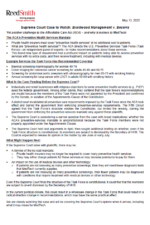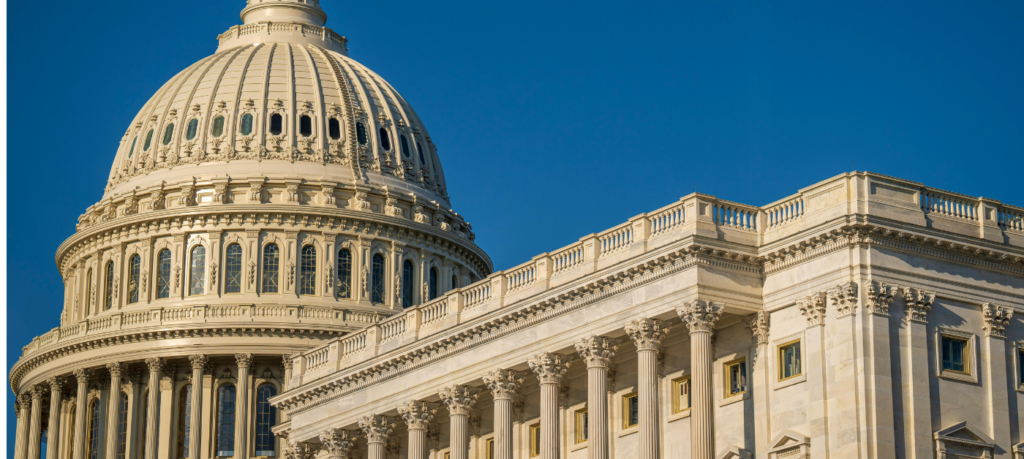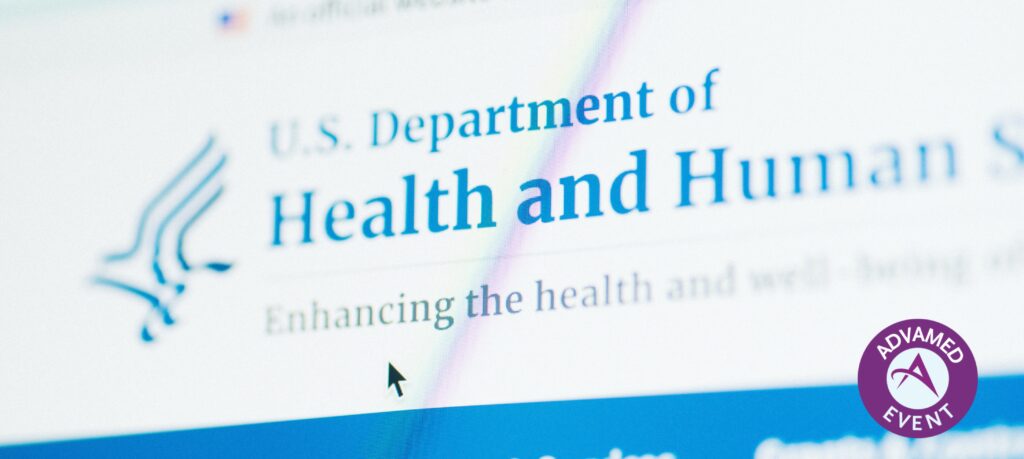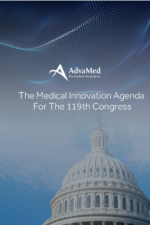
Supreme Court’s Decision in Kennedy v. Braidwood Management, Inc.
Explore the impact of the Supreme Court’s decision in Kennedy v. Braidwood on the ACA preventive services mandate and its implications for MedTech policy.
Learn more about our Payment & Health Care Delivery Policy work.

Explore the impact of the Supreme Court’s decision in Kennedy v. Braidwood on the ACA preventive services mandate and its implications for MedTech policy.
WASHINGTON—AdvaMed, the Medtech Association, welcomed introduction of the bipartisan Access to Prescription Digital Therapeutics Act of 2025 (S. 1702/H.R. 3288) by U.S. Sens. Shelley Moore Capito (R-W.Va.) and Jeanne Shaheen…
Washington, D.C.–AdvaMed President and CEO Scott Whitaker released the following statement upon re-introduction of bipartisan legislation aimed at accelerating Medicare coverage for breakthrough medtech and diagnostics. The Ensuring Patient Access…
WASHINGTON – AdvaMed, the Medtech Association, today commended Senators Mike Rounds (R-SD) and Martin Heinrich (D-NM) for introducing the Health Tech Investment Act (S. 1399). This landmark bipartisan legislation will…

Details a sweeping tariff hike to 84% on Chinese imports and de minimis increases, aiming to protect U.S. economic and national security.
Washington, D.C.– AdvaMed®, the Medtech Association, today released the following statement from President and CEO Scott Whitaker on the U.S. Senate’s confirmation of Dr. Mehmet Oz to serve as Administrator of…

AdvaMed®’s medtech priorities for the 119th Congress highlight opportunities to address the most important issues facing patients and the medical technology industry today.

Sidley Austin, joined by HPA, will lead a program examining the impact of HHS repealing the so-called “Richardson Waiver”, including its history, how it could impact the activities of the…

AdvaMed®’s medtech priorities for the 119th Congress highlight opportunities to address the most important issues facing patients and the medical technology industry today.

Tariffs on medtech could disrupt supply chains, increase costs, and delay care. Exemptions are needed to protect hospitals, patients, and innovation.